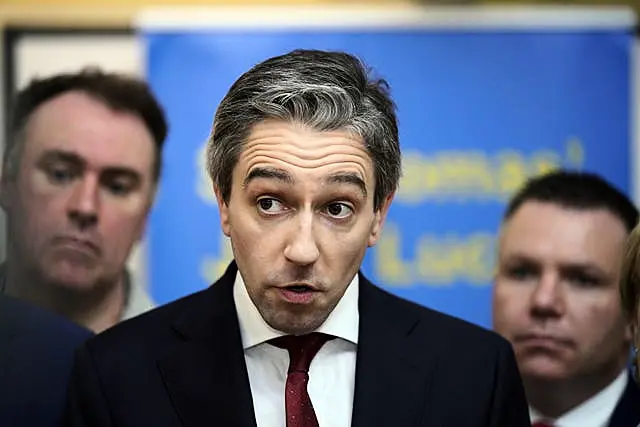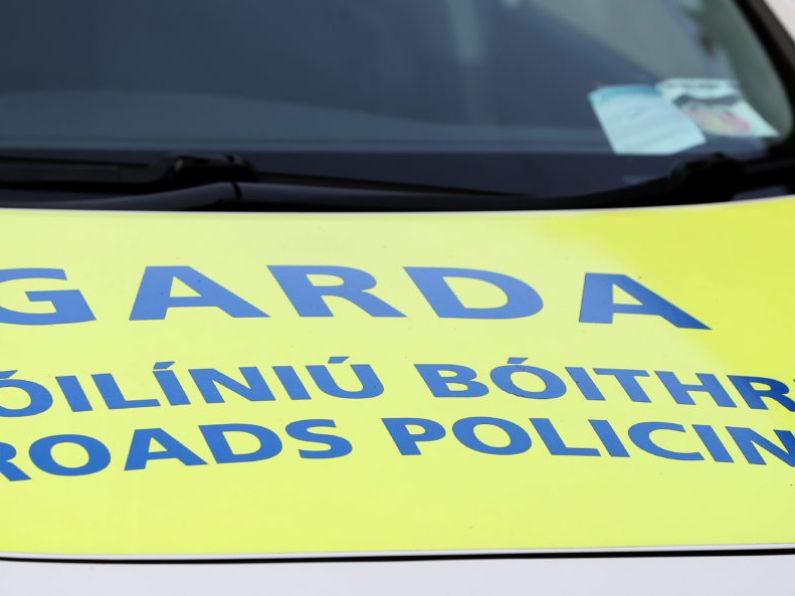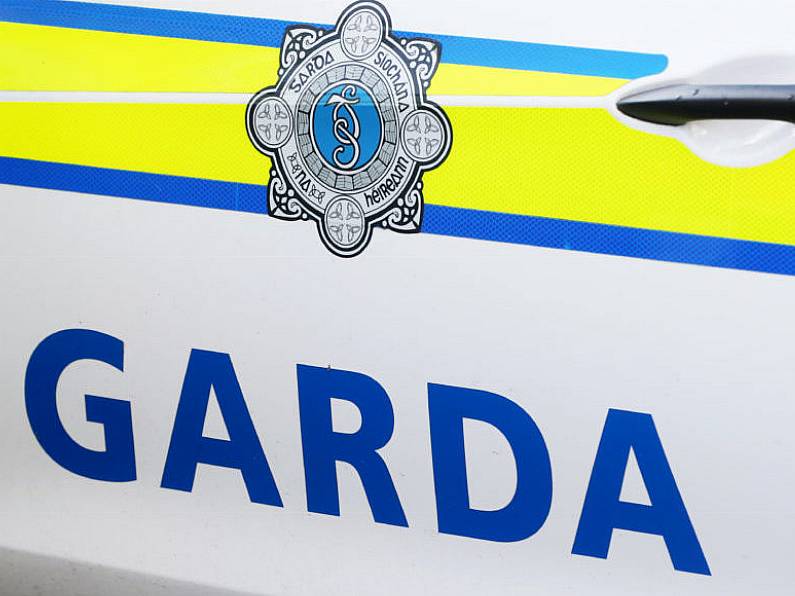The Road Safety Authority (RSA) is to start immediately spending an additional €3 million on awareness campaigns in response to an increase in the number of road deaths.
It is one of a series of actions that were agreed by the agency and the Government following an engagement with the Taoiseach and relevant ministers.
They also agreed to cut average waiting times for driving tests down to 10 weeks and NCT appointments to 12 days by mid-year, as per service-level agreements.
Simon Harris also met the Garda Commissioner and expressed concern about resources allocated to road policing.
Working with Government, the RSA committed to working towards resolving technical and legal issues so enforcement cameras can identify mobile phone use and seatbelt wearing as offences.
A Government statement following the meeting said that it was agreed to progress the delivery of 12 camera enforcement sites within the coming months, three of which are average speed cameras.
The RSA is to calculate its financial need for the remainder of 2024 and the Department of Transport is to ensure ongoing funding for the agency, subject to assessment and findings of an independent review.
It will also work with the Data Protection Commission to resolve the suspension of data sharing between the RSA and local authorities.
The Taoiseach confirmed he would chair a meeting of the Government’s Ministerial Road Safety Committee in the coming weeks to ensure “urgent progress” on these and other actions.
He added: “After nearly two decades of positive progress, we have seen recently a sudden, and worrying, increase in road deaths.
“The rise in the number of deaths on our roads is unacceptable, and a renewed focus is needed on road safety and driver behaviour.”
The funds for the RSA’s increased road safety campaigns and education initiatives are to come from the organisation’s own reserves.
Earlier, Mr Harris said he is concerned with the low numbers of gardaí in the roads policing unit.
He said Garda Commissioner Drew Harris has committed to increasing the number of gardai in the unit this year after increases in 2023 and 2024 in the number of road fatalities.
The Taoiseach also emphasised the responsibility on each citizen to be safe on Irish roads, and said that “you don’t need a guard to tell you not to drink and drive”.
The Fine Gael leader agreed with his colleagues Transport Minister Eamon Ryan and junior minister Jack Chambers that the Road Safety Authority’s remit needed to be reviewed, but said he had confidence in the state agency.
“We’re not in a good place at all, to put it mildly, in relation to the trend regarding loss of lives and roads,” Mr Harris said on Monday, speaking in Lucan.
“We have made a lot of progress as a country and we need to ask ourselves, why is that progress being reversed? I don’t think it’s any one thing by the way, I think it’s quite a number of things.
“But I was really concerned to see over the Easter bank holiday weekend that the gardai detected so many people driving under the influence of drink and driving under the influence of drugs. And I think we’ve got to get real in relation to our own individual responsibilities in relation to these areas as well.”

Mr Harris said one of his first meetings as Taoiseach was with the Garda Commissioner and Justice Minister Helen McEntee last Friday, where the issue of road safety was discussed.
He said that the Garda boss assured him that he was prioritising road safety, and discussed a directive issued to members to allocate 30 minutes of road policing to each shift.
He also said he had been given assurances that numbers allocated to road policing would grow.
Mr Harris said: “I am concerned about the level of Garda resource in road traffic policing.
“I know the commissioner has to make difficult decisions with the resources available to him.
“I want to see those resources increased, so does he, and he expects them to increase over the course of this year.”
He added: “We’ve seen 63 people lose their lives on Irish roads so far this year. Half of them are below the age of 30. And this is an extraordinarily serious issue.
“We’ve made a lot of progress in recent years as a country but we have seen a lot of that progress now to be reversed.
“The trend is concerning and I’m conscious when we talk about trends and numbers that doesn’t capture the enormity of the loss of life, the empty seat at the kitchen table.”
Asked about the increase in road fatalities, Mr Ryan said that “we have to turn those figures around”.
“We had seen incredible progress – we were up to the fourth best in terms of road fatalities, we’ve dropped down to seven, so we need to get back up again,” the Green Party leader said.
He said lowering speeds, increased enforcement including more speed cameras, and redesigning “blackspots” on Irish roads were needed to address the issue.
Mr Chambers said that the road traffic Bill, which will lower speed limits along some roads, needed to be matched with “a serious uplift in enforcement”.
“Because enforcement levels have collapsed, and you have double-digit reductions in enforcement with the reductions in the numbers in roads policing units,” he said.
By Gráinne Ní Aodha and Cillian Sherlock, PA
Keep up to date with all the latest news on our website Beat102103.com.






